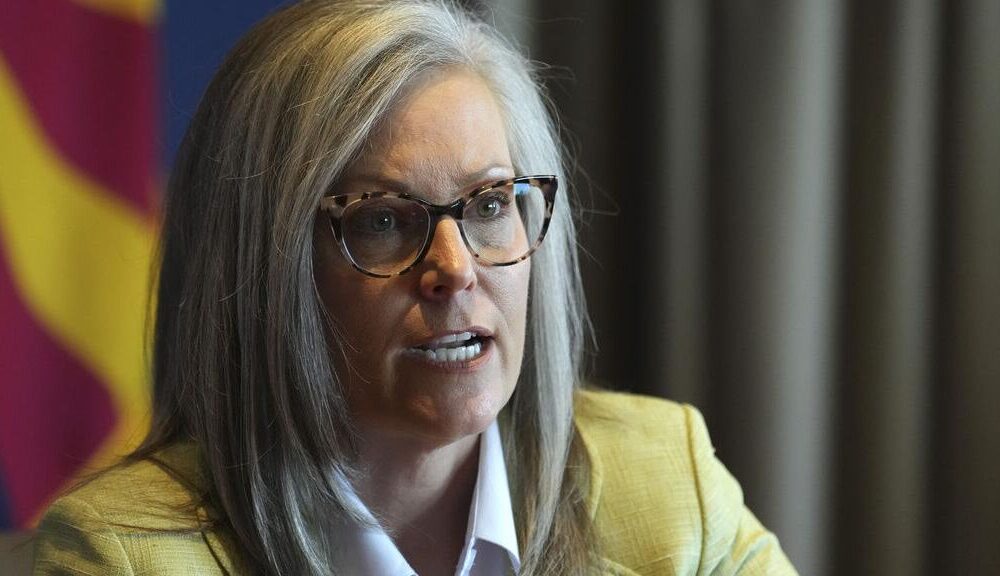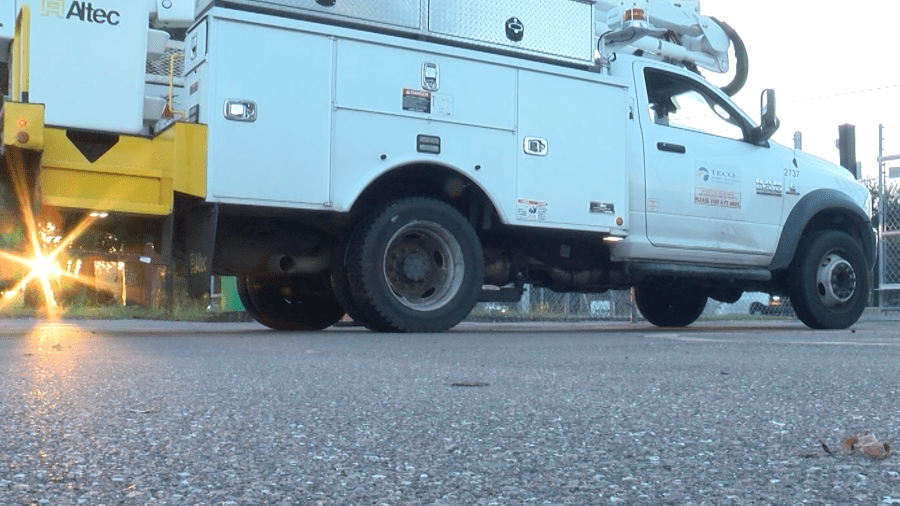UPDATE: Arizona Governor Katie Hobbs has condemned President Donald Trump’s proposed higher-education compact as a “bad deal” for the University of Arizona (UA). The urgency has escalated, as the White House has set a deadline of November 21, 2023, for UA to respond to the controversial offer.
In a closed-door meeting on October 20, 2023, the Arizona Board of Regents (ABOR) discussed the compact, which requires significant policy changes in exchange for priority access to federal funding. The governor, despite being a voting member of the board, opted not to attend, stating, “The university and ABOR are really taking the lead, and we’ll be supportive of the decision they make.” However, Hobbs voiced serious concerns over the compact’s implications, particularly regarding free speech and funding.
The compact mandates several controversial conditions, including the requirement for all undergraduate applicants to submit standardized test scores such as the SAT or ACT— a practice currently not enforced by UA. Additionally, the compact demands the university maintain a “vibrant marketplace of ideas,” potentially leading to censorship of diverse viewpoints.
Hobbs highlighted troubling aspects of the compact, stating, “I think we are very much bordering on censorship.” Furthermore, the proposal includes a stipulation to freeze tuition for five years and reduce administrative costs. While Hobbs acknowledges the intent behind these goals, she emphasized that rising tuition is a result of inadequate state funding, noting that the current funding of $4,131 per student is effectively worth just $3,113 due to inflation.
The compact also seeks to cap the enrollment of international students at 15% overall, with no more than 5% from any single country. Although UA’s international student percentage stands at only 3.3%, Hobbs argued that these students are crucial financially, contributing significantly to tuition revenue which supports in-state students.
Additionally, the compact includes provisions for “institutional neutrality,” requiring university employees to refrain from discussing societal and political events unless directly impacting the university. The compact also demands that UA publish grade distribution dashboards, raising concerns over transparency and academic integrity.
The stakes are high; failure to comply with the compact’s conditions could jeopardize $500 million in federal funding. Hobbs expressed alarm over the ramifications of such a politically charged agreement, stating, “The consequences of politicizing all of that is that it’s just not been about funding. It’s been about ending research that is solving the world’s biggest problems.”
As the deadline approaches, faculty members and student leaders are voicing their opposition. In a letter to UA President Suresh Garimella, nearly 80 top professors urged rejection of the compact, citing risks to the university’s independence and integrity. The Faculty Senate voted overwhelmingly against the compact, and local government bodies have issued statements condemning it as federal overreach.
With time running short, the pressure is mounting for UA to weigh its options carefully. As Hobbs noted, “Their hands have been constrained over and over again,” highlighting the complexities of balancing federal demands with the university’s mission.
The outcome of this urgent situation remains uncertain as UA deliberates on its response, and the ramifications for Arizona’s higher education landscape could be profound. Stay tuned for further updates as the situation develops.







